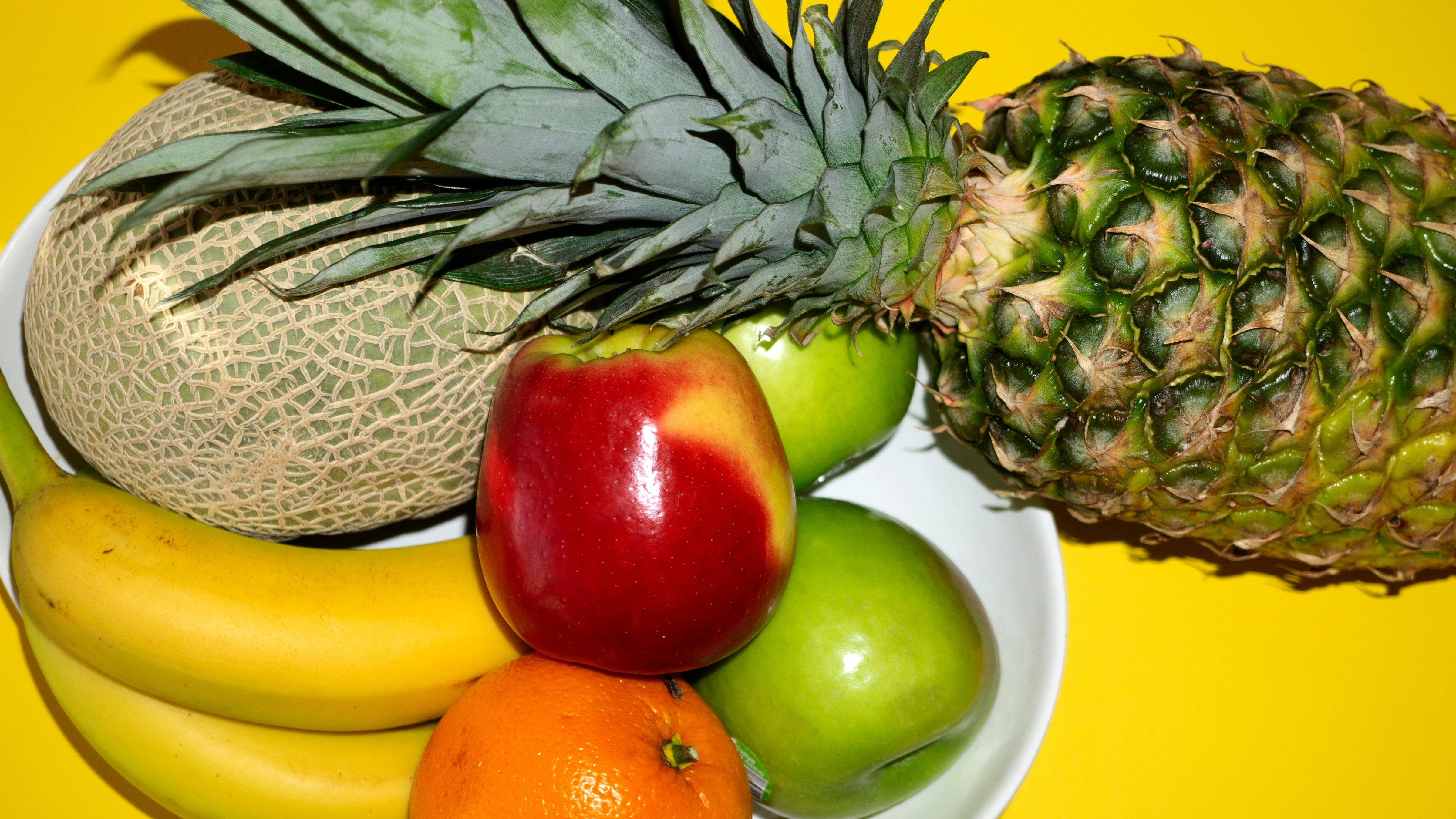Is your diet sabotaging your hair? Learn how iron, vitamin D, protein and other nutrients play a role in hair loss, and what you can do to support healthy regrowth.

We often think of hair loss as something caused by hormones, stress, or genetics. And while those are important factors, one of the most overlooked contributors to thinning hair—especially in Singapore—is diet. What you eat (and what you don’t) plays a critical role in how your scalp functions, how well your follicles grow, and whether your hair stays strong and full.
At Ido Hair & Aesthetics, we’ve seen many patients who have tried everything externally—shampoos, serums, even scalp treatments—without realising that their hair loss was being triggered by what was happening inside their body. If your nutrition isn’t supporting hair growth at the root, even the best topical treatments may struggle to show results.
Here’s how diet impacts hair health, which deficiencies to watch for, and how to give your scalp what it truly needs.
Hair follicles are one of the most active structures in the body. They’re constantly regenerating, growing, and cycling through phases. But unlike organs such as the heart or brain, hair is considered non-essential tissue, which means that when your body is under stress or lacking nutrients, it deprioritises hair production in favour of more vital functions.
This is why nutrient deficiencies often show up as thinning, brittle strands or excessive shedding. Without the right building blocks, the hair growth cycle becomes disrupted, and follicles may enter a “resting” state or produce weaker, shorter hairs. And because the hair cycle takes months to fully complete, the effects of poor nutrition often show up later—when it’s harder to trace back to the original cause.
There are many nutrients involved in healthy hair growth, but some are especially important. In Singapore, we frequently see suboptimal levels of the following in patients with unexplained shedding or slow regrowth.
Iron helps red blood cells carry oxygen to your scalp and hair follicles. Without enough iron, the follicles receive less oxygen and nutrients, leading to telogen effluvium—a type of diffuse hair shedding.
Even if your general iron levels appear normal, your ferritin (stored iron) may be too low to support hair growth. Ferritin levels below 40 ng/mL are commonly linked to increased shedding, especially in menstruating women or those who have just given birth.
Often thought of as a bone-health nutrient, vitamin D also plays a role in regulating the hair cycle. It helps stimulate new follicles and may prevent premature follicle dormancy. Many people in Singapore are surprisingly deficient in vitamin D due to long hours indoors, sun avoidance, or sunscreen use.
Low levels of vitamin D have been associated with alopecia areata and slow regrowth, particularly in women.
Zinc supports tissue repair, oil production, and inflammation control in the scalp. It’s also involved in DNA replication, which is essential for follicle regeneration. A zinc deficiency may cause delayed healing, chronic dandruff, or inflammatory scalp conditions—all of which interfere with hair growth.
Even mild zinc deficiency can contribute to hair shedding, especially when paired with other imbalances.
The B-vitamin complex—particularly B12, folate, and biotin—helps convert food into energy and supports the growth of hair cells. Biotin is often found in hair supplements, and while true biotin deficiency is rare, it can occur in people with gut absorption issues, those on long-term antibiotics, or individuals with restrictive diets.
Vitamin B12 deficiency is more common, particularly in vegetarians and those with poor stomach acid or absorption. It can lead to hair thinning and fatigue.
Hair is made of keratin, a protein composed of amino acids. Without adequate protein in your diet, your body has fewer raw materials to produce strong, healthy strands. This is especially important for people who are vegan, vegetarian, or following aggressive calorie-cutting plans.
Hair loss from protein deficiency may not show up immediately, but over time, you may notice slower growth, brittle strands, or shedding that doesn’t improve even with external treatments.
While supplements can be helpful, they are not a replacement for a balanced diet. At Ido Hair & Aesthetics, we treat supplements like a support tool—not a cure. In many cases, we recommend optional bloodwork to assess your actual nutrient levels before prescribing anything. Taking too much of a certain nutrient (like zinc or iron) can be harmful if your body doesn’t need it.
If a deficiency is detected, we tailor supplementation accordingly and pair it with a targeted treatment plan to support regrowth from the inside out.
It’s important to understand that while nutrition is essential, it’s not always the sole cause of hair loss. Many of our patients have multiple contributing factors, such as hormonal imbalance, stress, or scalp inflammation, alongside a poor diet. In these cases, food alone won’t reverse the damage.
That’s why we combine nutritional guidance with clinical treatments such as microneedling, laser therapy, and growth factor serums. This integrated approach ensures your follicles receive both internal and external support for optimal regrowth.
Your scalp is part of your body, and like any part of the body, it relies on nutrition to function. If your diet is lacking in key nutrients, your hair may be the first place to suffer. And while topical solutions have their place, true regrowth starts with giving your body what it needs to grow healthy hair from the inside out.
At Ido Hair & Aesthetics, we help you connect the dots between your lifestyle, your lab results, and your scalp health. If you’re experiencing hair loss that won’t resolve—or you suspect your diet may be playing a role—book a consultation with our team. We’ll help you uncover what’s missing, so you can nourish your hair from the root up.
Disclaimer: This article is for education purposes and does not replace professional medical advice.